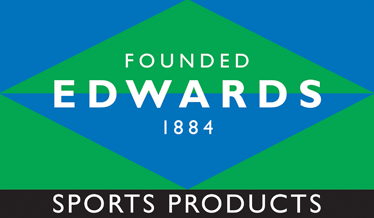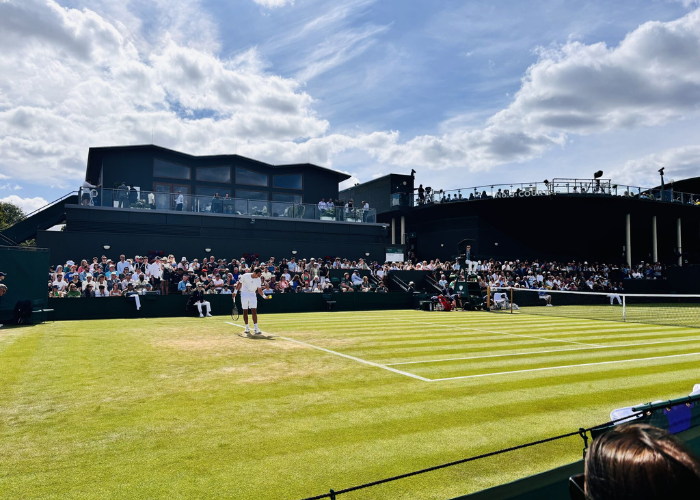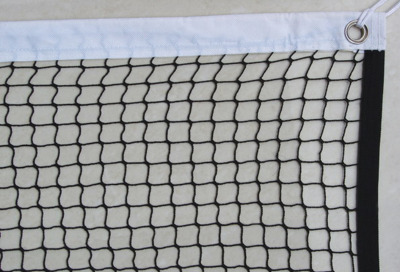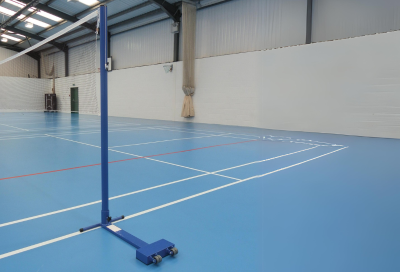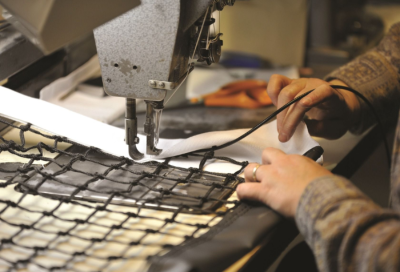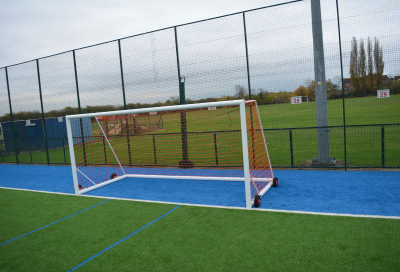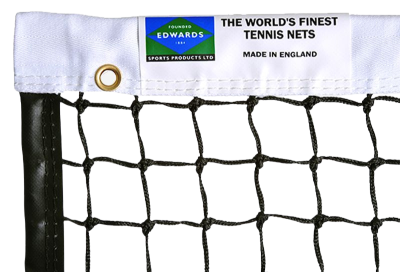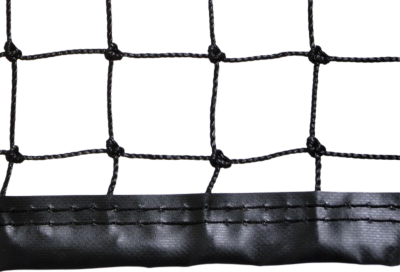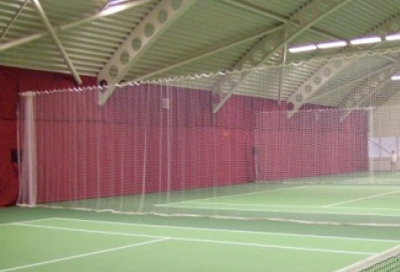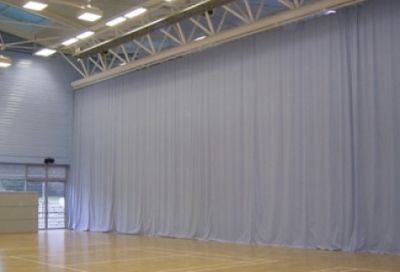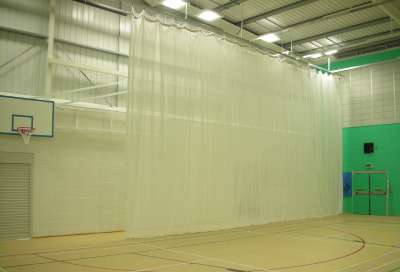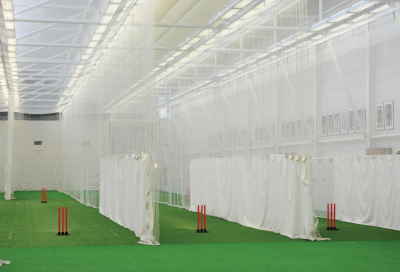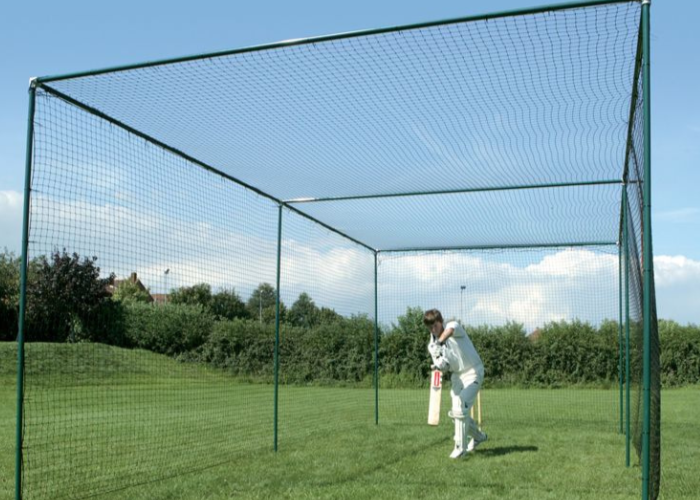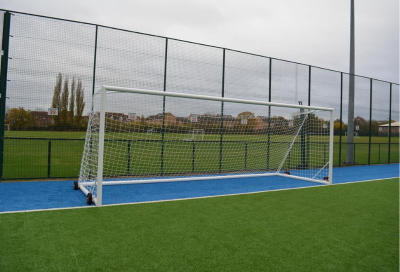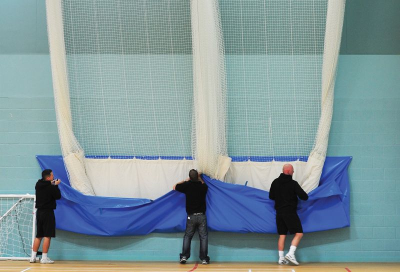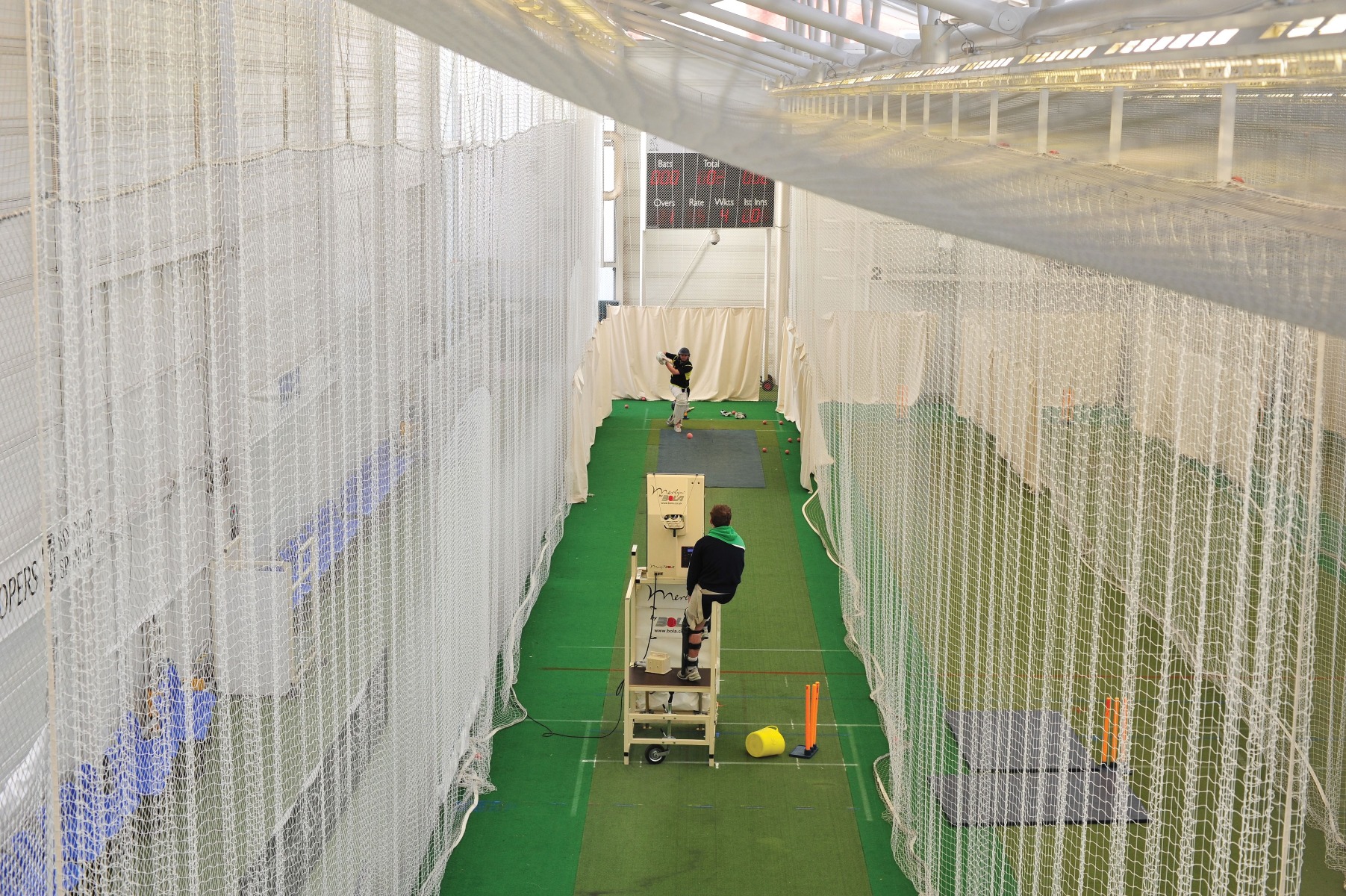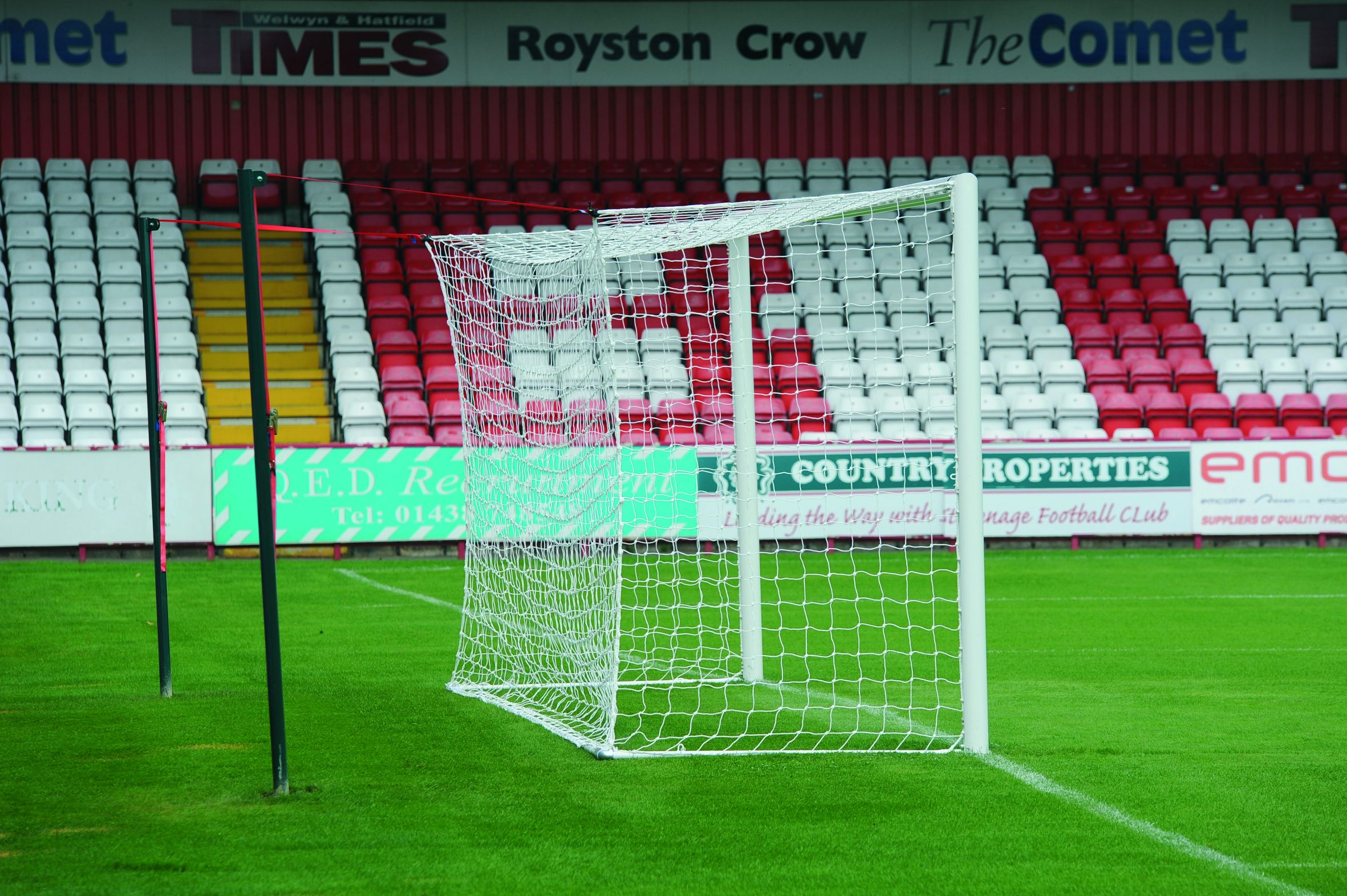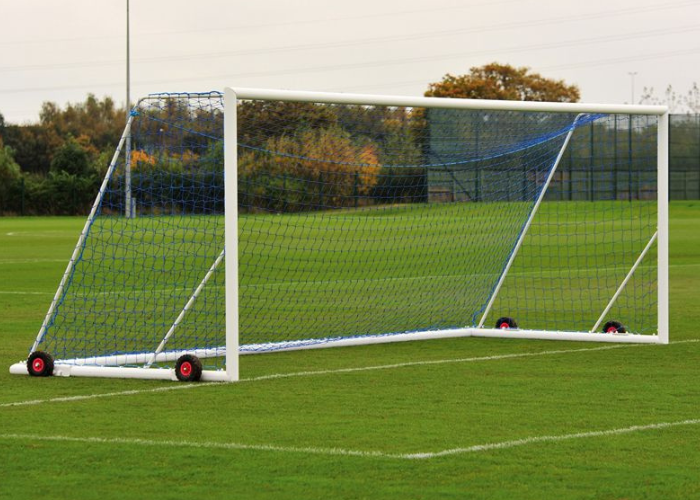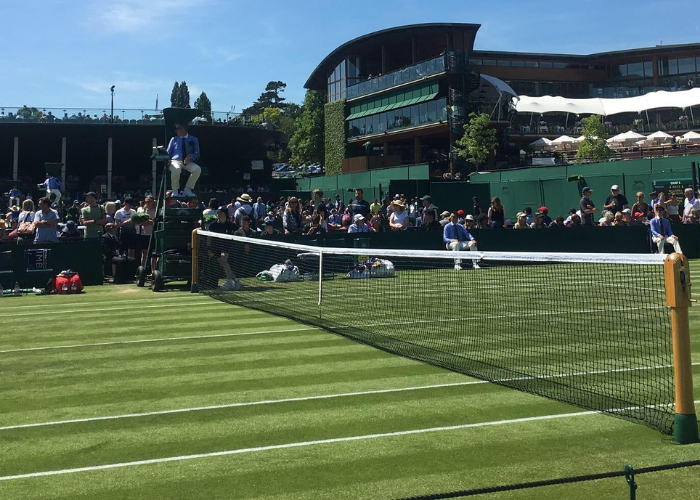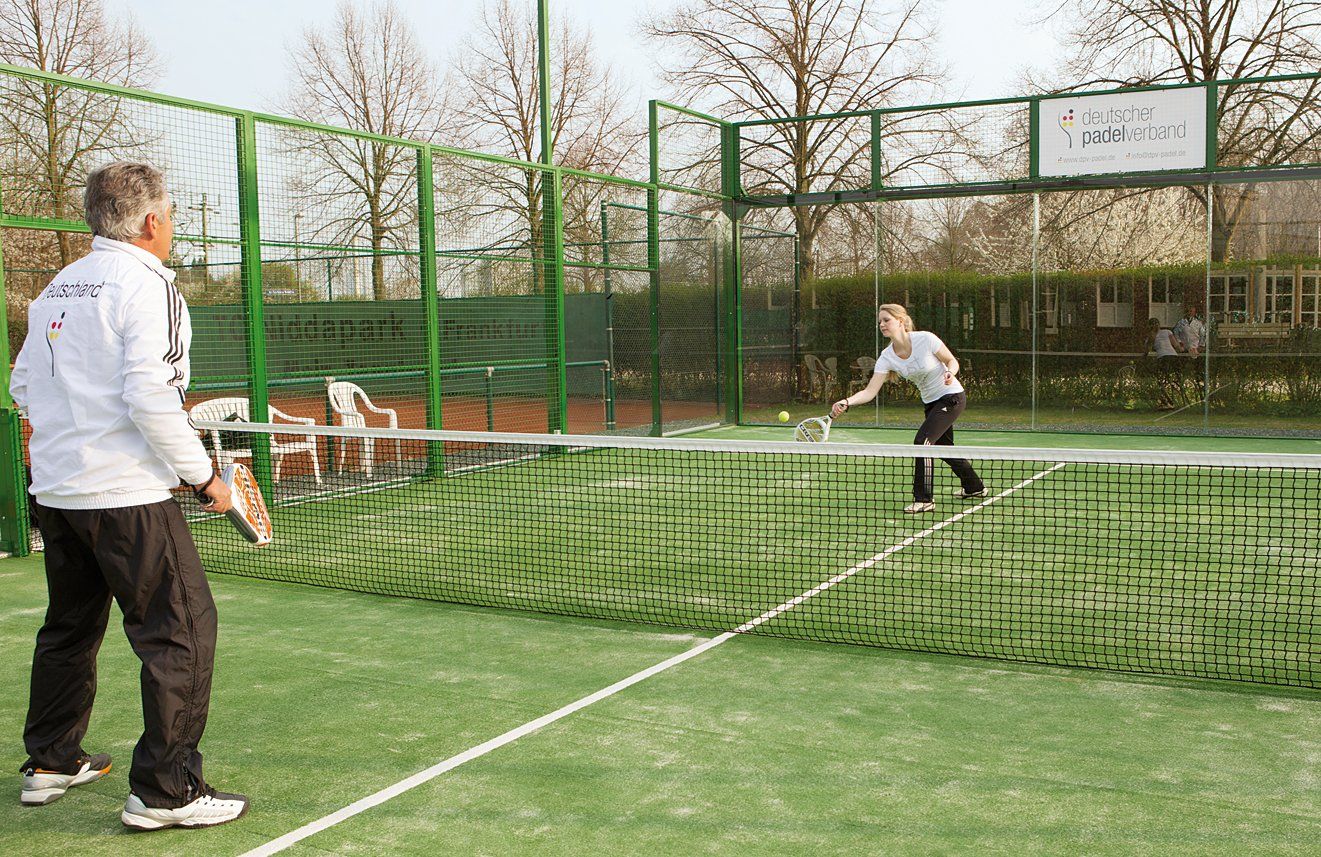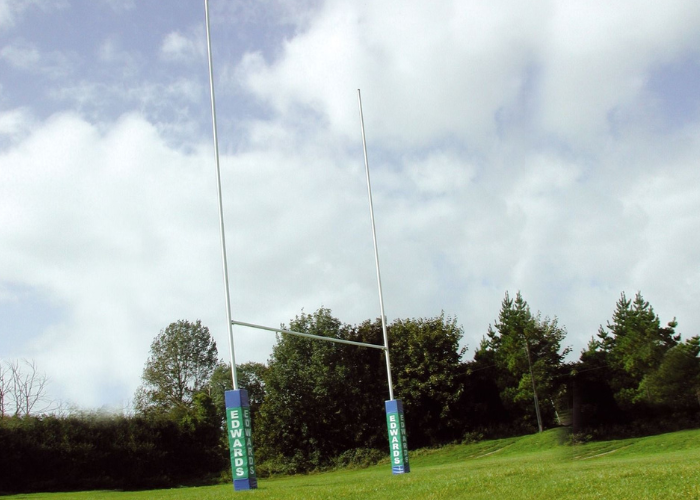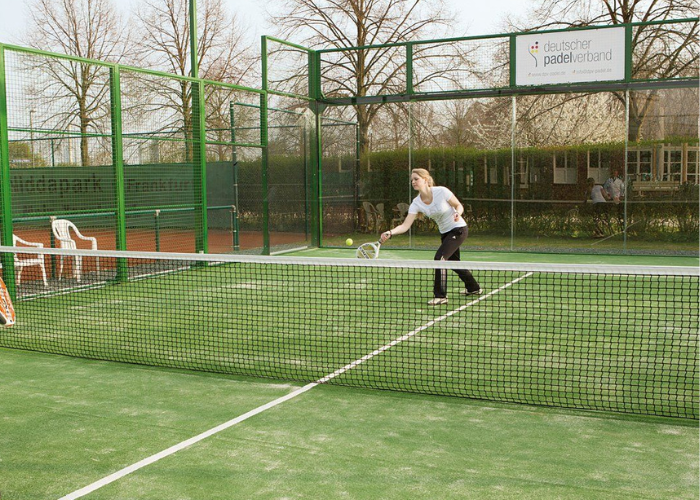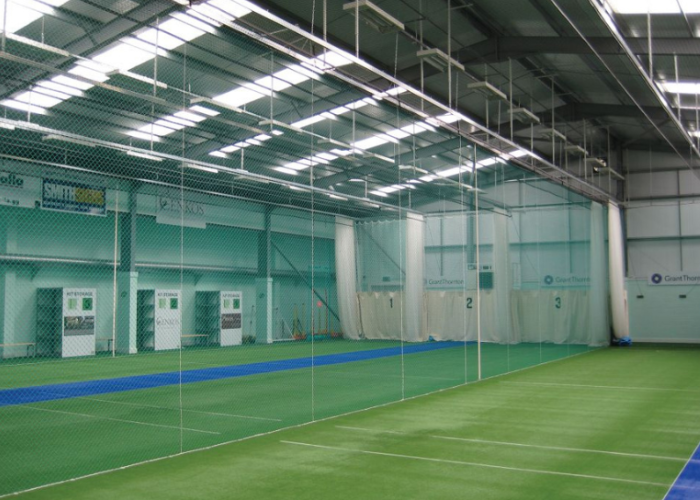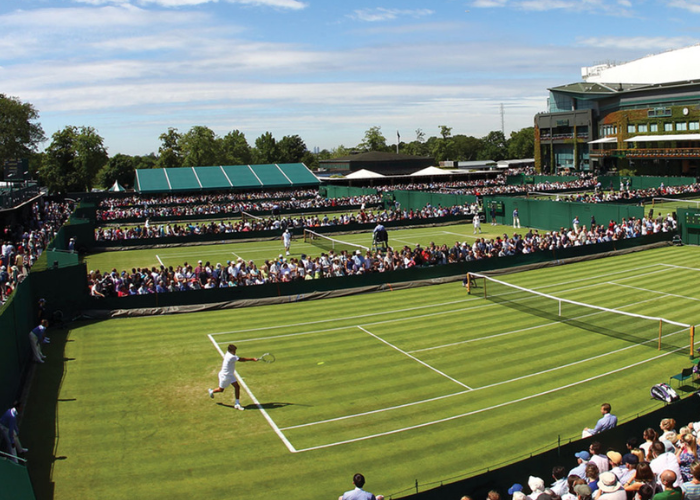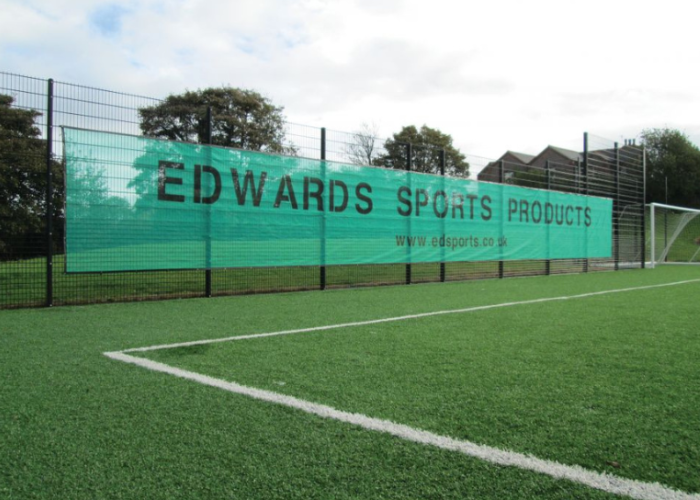We use cookies to make your experience better. To comply with the new e-Privacy directive, we need to ask for your consent to set the cookies. Learn more.
How to Create an Indoor Multi-Sports Facility: Answering Your FAQs
- Admin
- Blog Posts
- 22 Apr 2025
-
42views

Are you in the midst of development for a new multi-sports facility? We know the project is complex, and you have many questions. So, we’ve created a handy FAQ guide on how to create an indoor multi-sports facility, covering everything from costs and design to insurance and more.
Here at Edwards, we've been supporting indoor sports facilities across the UK with industry-leading, expert advice, so let us help you, too.
This guide answers the most common questions asked by those wanting to create an indoor multi-sports facility.
From design standards and space requirements to funding options and costing, we've covered it all to help you create a safe, functional, and long-lasting indoor sports facility for everyone to enjoy.
You can click through to the section you’re interested in below to jump straight to those questions, or simply read on to gain a comprehensive understanding of everything you need to know.
- Planning & Design for Your Multi-Sports Venue
- Multi-Sports Centre Features & Equipment
- Multi-Sport Venue Accessibility & Operational Considerations
- Costing, Maintenance & Future-Proofing Your Facility
Edwards Sports has been supplying top-quality, professional sports equipment to facilities and events for over 140 years. The London 2012 Olympic Games, Wimbledon Championships, and Tottenham Hotspur FC are just a few examples.
If you’d like to offer your multi-sports facility users the experience of playing and practising with impeccable equipment that’s been manufactured and designed to meet safety standards, consider using us as your supplier today.
Head to our website to browse our products! We have a range of equipment to suit many indoor sports.
Planning & Design for Your Multi-Sports Venue
Whether this facility will be for a school or you're planning to open one up for the local community, as much as it's tedious, the planning needs to come first. All good things come from a solid foundation.
What are the First Steps in Planning an Indoor Multi-Sports Facility?
It's usually best to start with a feasibility study. This involves defining your goals, identifying target users (are you creating this for a school or local community?), understanding demand, and analysing potential revenue.
You should also engage with professionals early on, like architects and sports consultants, so you can understand the possible outcome.
How Do I Choose a Suitable Location for My Indoor Multi-Sports Venue?
You're limited if you're planning to create a multi-sports facility in a school, but if your plans are for other users, consider accessibility, local population demographics (is there a demand?), parking availability, and proximity to transport links.
What Types of Sports are Best for a Multi-Sports Facility?
This decision should be based on the popularity and demand for sport. For example, according to Spond, badminton is a prominent entry in the most played sports in the UK, which is, of course, an indoor sport.
Other popular indoor sports include basketball, indoor football, tennis, and netball.
You should also think about the space available inside your venue. If your space isn't very big, you might need to consider having fewer options.
How Much Space Do I Need for an Indoor Multi-Sports Facility?
This will vary depending on the number of courts you plan to have. For example, a single standard-size indoor football pitch is approximately 40m x 20m, which are the same dimensions as a MUGA (multi-use games area), as recommended by Sport England.
Do I Need Planning Permission?
Yes, you'll need full planning permission from your local planning authority, as it falls under the category of 'leisure usage'.
Factors like noise, parking, and flood risk may be assessed.
What Ceiling Height is Required for a Sports Centre?
This depends on the sports you'll be including in your regime, but a safe minimum is 7.5m. Sports like badminton will benefit from a 9m+ ceiling for optimal play. This is the standard set by BWF (Badminton World Federation).
Can I Build a My Facility as an Extension of an Existing Building?
You can! This is especially useful if you're planning to build an extension on an old-school sports hall or similar. You will likely still need planning permission to do this.
Are There Standard Dimensions for Indoor Sports Courts I Should Follow?
Yes, there are! As recommended by Sport England, you should adhere to specific dimensions depending on the number of courts in your sports facility.
This Sports Halls Design and Layout document should give you a more detailed insight and explanation.
For example, a basketball court is 28 x 15m, and badminton courts must allow space around them for safety.
How Can I Ensure My Layout is Flexible Enough to Accommodate Different Sports?
Using modular layouts with moveable equipment like dividing nets and retractable goals will help you create a more diverse space.
Floor markings for multiple sports can also be clearly colour-coded and easy to follow.
Multi-Sports Centre Features & Equipment
Creating a multi-sports facility means you'll need a lot of equipment and features to make the space as effective as possible.
Since this is a multi-sports facility, you'll also need equipment that allows you to swap and change equipment quickly to accommodate everyone's needs.
What are the Best Materials for Indoor Sports Floors & Walls?
A multi-purpose sports vinyl or synthetic surface is ideal for these types of spaces. It offers good ball bounce, slip resistance, and durability across a range of sports. It can also be installed with a foam backing to provide shock absorption, which is necessary for the player's safety and comfort.
Hardwood is preferred for basketball and badminton, but exceptions can be made.
How Do I Safely Divide Courts for Different Sports?
You could install retractable dividing curtains or mesh netting, which allows safe, flexible separation of courts and protects users from stray balls.
Here at Edwards, we have a selection of indoor cricket bay nets, so you can keep the balls in confined areas without harming someone else. They're made from 2mm thick twisted polypropylene with a 50mm knotted mesh for extreme durability.
What Sports Equipment is Essential for a Multi-Sports Centre?
Essential equipment includes posts, nets, goal frames, dividing nets, and line-marking tools.
Thankfully, we at Edwards have been supplying sports equipment to the industry since 1884, so we know a thing or two about high-quality equipment.
All our products are designed and manufactured to meet the specifications of the appropriate British and European safety standards.
Can I Install Retractable Equipment to Save Space?
Definitely! Retractable goals, nets, and curtains maximise space efficiency, which is especially useful in smaller facilities.
Ceiling or wall-mounted retractable systems are ideal for multipurpose use, especially when setting up for different sports throughout the day.
What's the Best Way to Mark Out Lines for Multiple Sports?
Using colour-coded markings with non-slip paint will provide a clear contrast between sports, providing users with an understanding of the colour code.
You should aim to keep lines to a minimum to avoid confusion.
What Heating or Ventilation Systems are Recommended for Indoor Sports?
Indoor sports halls often have radiant heating systems, usually under the floor, to avoid bulky ceiling units.
An MVHR (Mechanical Ventilation with Heat Recovery) is a system that supplies and extracts air throughout the facility to improve energy efficiency and indoor air quality.
You could also consider infrared heating, which can be efficient in large spaces with high ceilings. You could also try an AHU (air handling unit), which is, again, often used in larger facilities.
Multi-Sport Venue Accessibility & Operational Considerations
Before opening your sports facility, you need to consider the logistics of the actual operation because a sports facility will not be successful without the proper care taken to understand its requirements.
This section is about making the facility inclusive while alluding to the public's or students' needs and ensuring everything meets industry standards.
How Can I Make My Facility Accessible for Disabled Users?
It's important to make sports facilities accessible to everyone, including people with disabilities. This offers a safe, welcoming, and supportive environment for users.
There are plenty of guides from Sport England that you can read for better understanding, but here are the main points to consider:
- Install accessible entrances, ramps, changing rooms and courtside viewing
- Consider a hearing loop
- Install the appropriate flooring surface compatible with wheelchairs
- Consider the contrast of different line markings for the visually impaired
Do I Need to Provide Changing Rooms & Showers?
Yes! For hygiene and user experience, it's important to offer both changing rooms and showers. Separate male, female, and unisex changing areas are essential, with enough capacity to handle peak usage.
You should also include toilets within the amenities area.
Should I Include Spectator Viewing Areas?
If you plan to host matches and events at your sports facility, we would recommend considering some kind of sideline viewing. Whether that's raised stands or balcony areas, you should aim to provide a good experience for viewers/parents.
What Health & Safety Regulations Apply to Indoor Sports Centres?
You must comply with the Health and Safety at Work Act 1974, fire safety laws, and BS EN standards for sports equipment.
Regular risk assessments and staff training are essential.
If you'd like more detail, the HSE (Health and Safety Executive) has some more information on this.
How Do I Ensure Equipment Meets British Safety Standards?
Sourcing your equipment from reputable suppliers like Edwards, who manufactures to BS EN standards, will ensure you meet the required safety standards.
You should always install and maintain equipment per the manufacturer's guidelines as well.
If you'd like to browse our products, please head to our website, where you'll find professional, high-quality equipment for a range of sports like tennis and cricket.
Request an Edwards Sports Catalogue Today
What Staffing Levels are Needed for Day-to-Day Operation?
This will vary by size, but generally, you'll need a facility manager, maintenance staff, reception staff, and trained coaches (or supervisors) during opening hours.
To open the facility, you'd likely need at least two of these staff members.
How Do I Manage Noise Between Different Sports Running at the Same Time?
Staggered game times will be a great way to manage the noise between different games, especially if you have a minimal number of courts. However, this will require some management to ensure there are no overlaps.
Zoning the facility by sport can also help separate high-noise areas from quieter zones, but this, of course, depends on the size of your facility.
Costing, Maintenance & Future-Proofing Your Facility
Before embarking on a project like this, you need to consider your budget, and it should be a sizable one.
But once the facility is up and running, the costs won't stop there. You'll need to consider maintenance, future-proofing, insurance policies, and more.
Here's a basic insight to help you understand the future of your facility.
How Much Does It Cost to Build an Indoor Multi-sports Facility in the UK?
Costs vary constantly, and your multi-sports facility is no different. Depending on your contractors, builders, size, and equipment, your facility could cost anywhere from £800,000 to 20 million.
Of course, there are schemes, funding, and grants available, so you should apply to any applicable to you.
Can I Get Funding or Grants to Build a Multi-Sports Facility in the UK?
Yes! You should check Sport England, your local council, the National Lottery, and community grant schemes and apply for those for which you're applicable.
Partnerships with schools and clubs can support funding applications, so it's worth looking into this.
What are the Ongoing Maintenance Costs?
You should expect payouts for annual inspections, cleaning (especially the court surfaces), equipment replacements/additions, servicing, staff payments, and more.
For example, according to Sport England, an affordable sports centre should expect to pay 0.5% of the total project cost per annum for a sinking fund (funds for major replacement and refurbishments) and 1.0% for maintenance.
How Often Should I Inspect & Replace Sports Netting or Posts?
You should inspect for monthly wear and tear and replace any damaged equipment promptly.
Posts and netting used heavily daily might need annual replacement or refurbishment.
What Kind of Insurance Do I Need for the Facility?
You'll need public liability, employer liability, building and contents, and equipment cover.
You can actually get specialist multi-sports facility insurance, so it's worth shopping around before you choose your cover.
What are the Most Common Mistakes to Avoid When Creating a Multi-Sports Facility?
There are plenty of common mistakes that can be made when designing and building a multi-sports facility. Here are some you should watch out for:
- Underestimating the amount of space you'll need
- Ignoring the acoustics. It can get noisy
- Overcomplicating floor markings — only the basics are needed
- Cutting corners on equipment — choosing low-quality, cheap equipment will cost you more in repairs and replacements in the long run
Final Words: Creating a Space for Your Local Community
And there you have it! The answers to pretty much everything you need to know before setting out on your multi-sports facility project.
We haven't answered absolutely everything because we, and you, would be here all day and night if we did. However, these are the basic and often overlooked aspects of sports facility creation.
Remember, building a multi-sports facility is all about building a community space for users from all walks of life that's safe, welcoming, accessible, and functional for all.
And, of course, creating a space for people to exercise, learn new skills, and enjoy their favourite sports!
If you're looking for specialist sporting equipment ahead of your new multi-sports facility, consider Edwards. We've been supplying sports gear to facilities for 130 years, so you can trust that we'll provide top-quality, professional, and safe sports equipment to your centre.
Got more questions? Get in touch with us today, and we’d be happy to help answer any questions you may have about creating your indoor multi-sports facility.




